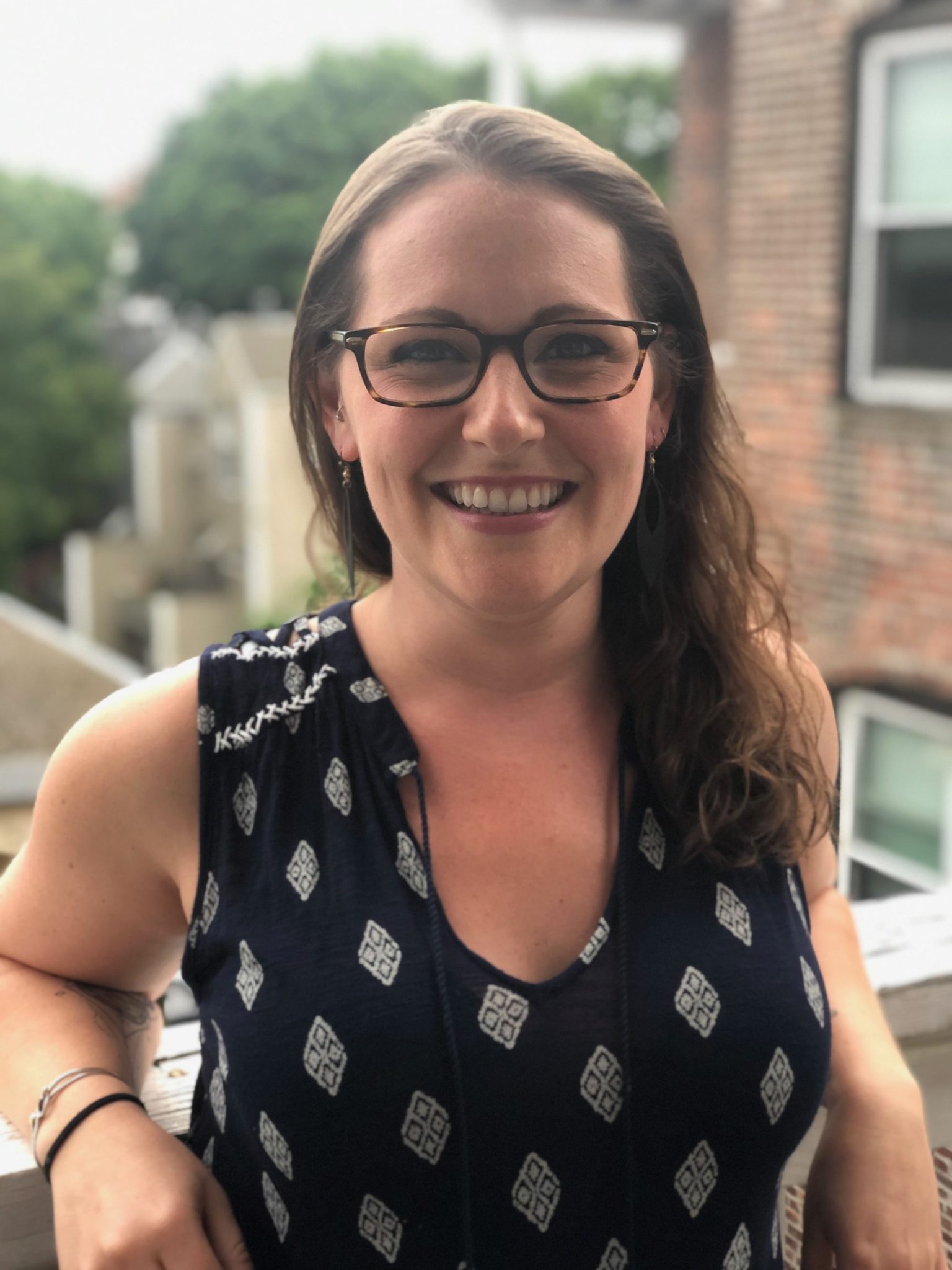Q&A with Brianna Shaughnessy of University of Massachusetts
Editor’s note: This year, the Global Aquaculture Alliance will spotlight various members dedicated to GAA’s mission of responsible aquaculture. Membership starts at only $50 for individuals and $5,000 for businesses. Start utilizing our extensive benefits. Featured this month is Brianna Shaughnessy, a PhD student of Environmental Biology at the University of Massachusetts Boston and IGERT Coasts & Communities Fellow.

Tell us a little bit about your background.
Growing up on Cape Cod, a fundamental part of my upbringing involved constantly asking questions about and developing a deep respect for the ocean and its coastal communities. I began my undergraduate education at Wheaton College (MA) as an art student. As my career unfolded I was drawn towards marine and coastal research by the potential to connect science with the arts. After conducting research in various marine ecosystems while working on my master’s at Northeastern University, I felt I had the skills needed for rigorous experimental design and subtidal ecology. Yet, I had a lingering sense that I was still missing an important piece in accomplishing my personal goals of connecting my research to the coastal community that raised me.
During a gap year between master’s and PhD work I worked as a server at a sushi restaurant in Boulder, Colorado; an unexpected home that offered a remarkable, yet unconventional, platform through which to communicate science. I was both surprised and delighted by how interested my customers were in informally discussing my master’s research and other marine issues. It was my experiences as a landlocked bartender that reinforced my passion for creatively communicating science to a wide range of audiences and revived my connection with the working waterfront.
I returned to Massachusetts in 2017 to begin a PhD in Environmental Biology at the University of Massachusetts Boston with Dr. Jarrett Byrnes, funded by the NSF Integrated Graduated Education and Research Traineeship (IGERT): Coasts and Communities. I was incredibly lucky to find an advisor and fellowship that not only supported but also encouraged my transdisciplinary attitude towards research. My career goal, beginning with my work in Massachusetts, is to develop policies that stimulate economic development in coastal areas and provide a voice to historically underserved communities. In January 2020 I will join the John A. Knauss Marine Policy Fellowship Program in Washington, D.C. as the MIT Sea Grant Executive Fellow and I look forward to representing these principles at the national level.
Why did you join GAA?
I joined GAA to connect with a larger community of aquaculture stakeholders that I might not otherwise intersect with while siloed by academia. As both a member of a coastal community and aquaculture scientist I combine research of marine benthic ecology with community-driven activism in an effort to encourage ecosystem-based approaches to contemporary policy. By joining GAA I am able to work directly with the aquaculture community and its consumers upfront, fostering opportunities for interactive co-learning and co-development. By thinking and acting across disciplinary and geographic boundaries, we are able to generate and implement holistic solutions to complex environmental problems within the aquaculture community.
What solutions do responsible aquaculture provide?
Responsible aquaculture provides unique opportunities for innovative solutions to many complex environmental issues – spanning from feeding an ever-growing population to bioremediation. As I strive for a career in aquaculture policy and science communication, it is my goal to effectively mobilize scientific knowledge into management strategies that are informed by science. Responsible aquaculture provides a platform through which I can achieve this goal. Aquaculture is a truly collaborative sector and sits at the intersection of research, community engagement, and policy allowing responsible aquaculture to provide a myriad of solutions to an ever-growing community.
What are the three words that best describe the future of the industry?
Integrative, Innovative, and Dynamic.
Where is the most interesting place you’ve traveled to?
In March of 2018 I travelled to Rwanda with my fellowship. While there we visited with a wide range of passionate environmental organizations working to conserve Rwanda’s unique resources. The trip and the generous hospitality of the Rwandan community was both humbling and inspiring. Every moment of the trip was phenomenal, but the most surreal experience was visiting the headwaters of the Nile in the Buberuka Highlands where the Rugezi National Wetlands sit at 6,900 ft above sea level – a wetland at high altitude! I had never seen anything like it and as we spoke with the park rangers that have devoted their lives to protecting such a critical habitat – including the endangered species that live there – I realized what a truly unique experience it was.
Thanks for being a member, Brianna!




